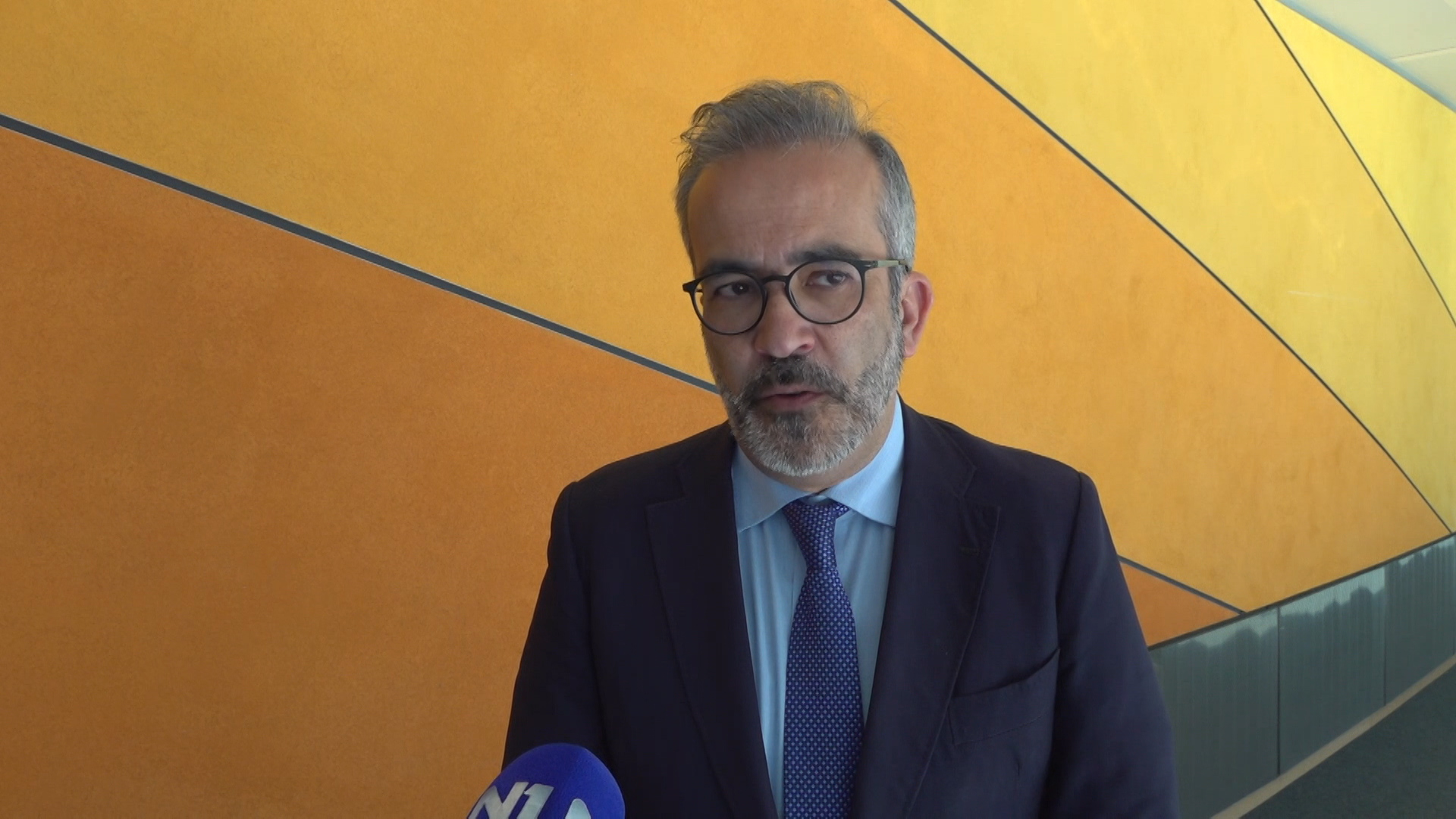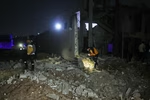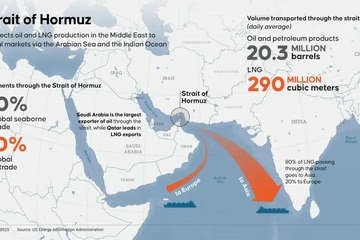
The European Parliament's Rapporteur for Bosnia and Herzegovina, Paulo Rangel, said the EP was concerned about developments and “secessionist rhetoric" in the country’s Republika Srpska (RS) entity throughout the past year and noted that BiH has not made much progress between the two reporting periods.
“There is a clear condemnation of this kind of attitude and behaviour,” he said, adding that the EP urges RS authorities and BiH Presidency member, Milorad Dodik who is also the leader of the ruling party in the semi-autonomous entity, to “pursue a more institutional approach” by respecting BiH institutions and contributing to their functioning.
He said the EP also expressed regret about the "impasse" in the negotiations on electoral reform, especially in regard to the Federation (FBiH) entity.
“Naturally, we would hope that both sides, that means the Bosniak parties and the Croat parties, could find an agreement,” he said.
He also said that there is a list of goals that should be pursued in BiH, which entails “everything that has to do with reconciliation, peace and security,” as well as with “rule of law and modernisation of institutions” so that judicial authorities are independent and are operating as they should.
Rangel said that the EU hoped progress could be achieved on the issue of electoral reform following the 2020 Mostar Agreement, which made it possible for the city to hold its first local election since 2008. He said there was the hope that "this could be kind of a first step towards a new electoral law" and that it could “integrate the jurisprudence of the European Court of Human Rights and the BiH Constitutional Court” in order to overcome tensions between the Croat and Bosniak communities.
“The truth is that this was not reached, and this is a major concern,” he said.
However, he stressed that the October elections in the country should take place “in any case” as this represents “a really very important step to try to return to a normal institutional life in BiH.”
Rangel welcomed the recent decision by the High Representative in BiH, the international official overseeing the civilian implementation of the 1995 Dayton Peace Agreement, who used his Bonn Powers to secure funding for the October elections.
He stressed that BiH should work on addressing the 14 key priorities the European Commission defined for the country in order for it to make progress on achieving EU candidate status.
“I am convinced that if there was measured progress on some of these key priorities, this would be clearly a development that could bring the candidate status to BiH,” he said.
Rangel clarified that not all the 14 key priorities must be implemented in the best way possible to achieve this, but that there was simply too little progress achieved on it in BiH.
“It is true, however, that the applications of Ukraine, Moldova and Georgia can have some implications for the candidate status of both Kosovo and Bosnia and Herzegovina, and even in the negotiations with the other four states of the Western Balkans,” he added.
Rangel noted that a European Council summit with representatives of six Balkan states will take place on the 23 and 24 of June and that it will probably have some implications on this issue of candidate status.
He also commented on the agreement most Bosnian political parties expressed support for following a lengthy meeting in Brussels on Sunday evening, saying he considers this "a very positive step."
"The only thing that I think is really regrettable is that not all political leaders were present," he said, noting that this fact "hurts the process".
Among those who did not participate in the meeting were representatives of the strongest Croat party in BiH, the Croat Democratic Union (HDZ BiH).
Rangel noted that one of the positive takeaways from the process is that “the top leaders of the EU are also very engaged and committed to the situation in BiH.”
"This is not only a sign that different political leaders are available to discuss issues even if they disagree but also that the top leaders of the EU are aware that they have a role and that they have to take their own responsibility to try to bring these people together," he said.
Kakvo je tvoje mišljenje o ovome?
Učestvuj u diskusiji ili pročitaj komentare





 Srbija
Srbija
 Hrvatska
Hrvatska
 Slovenija
Slovenija


























































